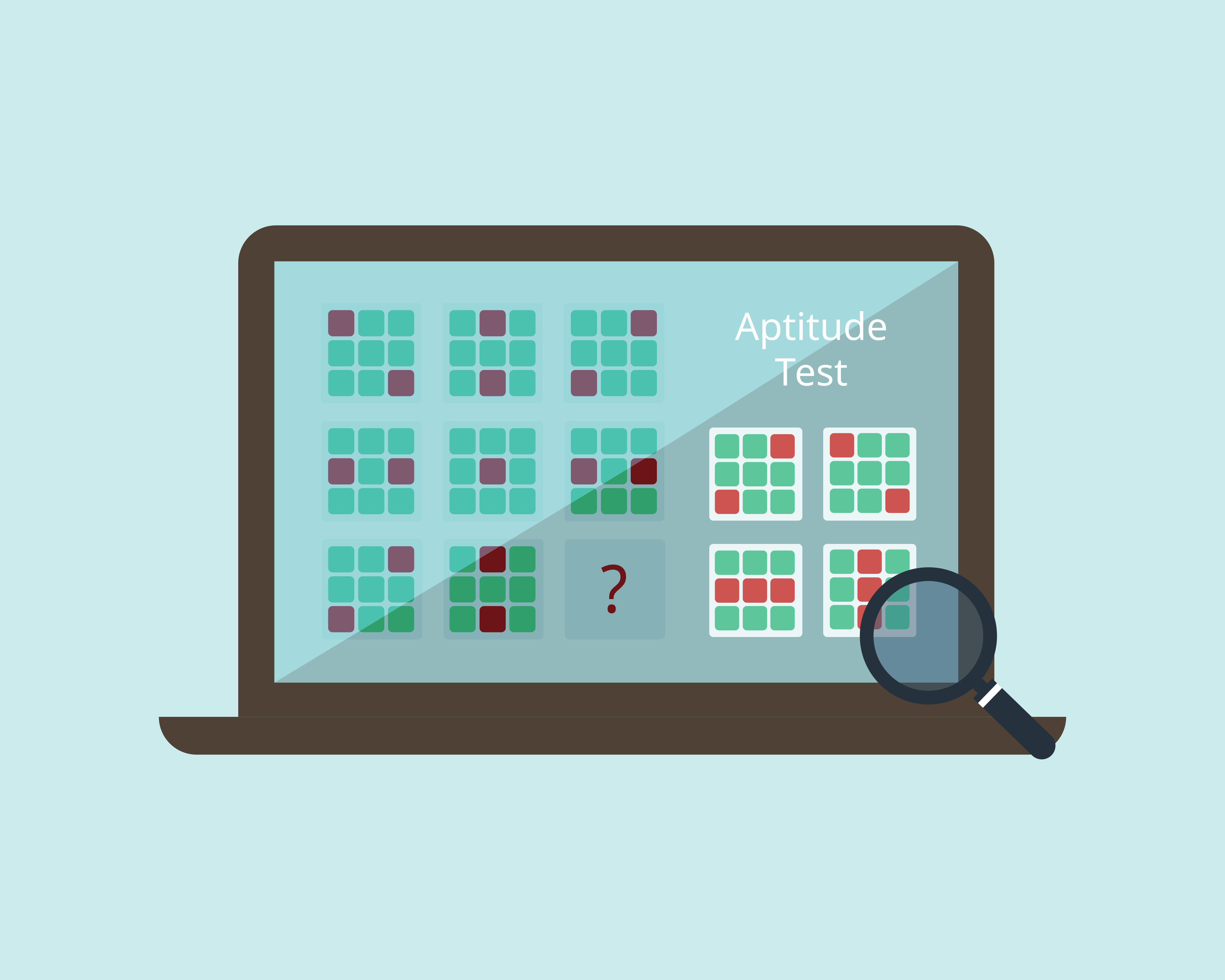
Introduction:
In today’s competitive job market, organisations are constantly seeking ways to identify the most qualified candidates for their teams. Cognitive tests have emerged as a valuable tool in the recruitment process, enabling employers to assess the cognitive abilities of potential employees. By measuring various aspects of cognition, these tests provide valuable insights into a candidate’s problem-solving skills, critical thinking abilities, and decision-making aptitude. Let’s explore the different types of cognitive tests used in staff recruitment and their significant benefits.
1. Aptitude Tests:
Aptitude tests assess an individual’s potential to acquire new knowledge and skills quickly. They evaluate numerical, verbal, and abstract reasoning abilities, providing employers with insights into a candidate’s learning capacity and adaptability. By identifying candidates with strong aptitude, organisations can make informed decisions about their potential for growth and development within organisations.
2. Critical Thinking Tests:
Critical thinking tests evaluate an individual’s ability to analyse complex situations, make logical connections, and draw valid conclusions. These tests assess a candidate’s reasoning skills, problem-solving capabilities, and decision-making aptitude. By incorporating critical thinking tests into the recruitment process, organisations can identify candidates who can approach challenges with a systematic and analytical mindset, adding value to the team’s problem-solving dynamics.
3. Cognitive Ability Tests:
Cognitive ability tests measure various cognitive functions, including memory, attention, processing speed, and logical reasoning. These tests provide valuable insights into a candidate’s mental agility and overall intellectual capability. By evaluating cognitive abilities, employers can identify individuals who are likely to excel in roles that require quick thinking, attention to detail, and efficient decision-making. Some popular options are described on this page in more detail.
4. Working Memory Tests:
Working memory tests assess an individual’s ability to process and manipulate information in real-time. These tests measure a candidate’s capacity to hold and manipulate multiple pieces of information simultaneously. Strong working memory skills are essential in roles that involve multitasking, data analysis, and complex problem-solving. By incorporating working memory tests, employers can identify candidates who can effectively handle information-rich environments and perform well under pressure.
Benefits of Cognitive Tests in Staff Recruitment:
1. Objective Assessment: Cognitive tests provide an objective and standardized method of evaluating candidates’ cognitive abilities, eliminating biases and subjective judgments. This allows employers to make more informed and fair hiring decisions.
2. Predictive Performance: Cognitive tests have shown strong predictive validity, meaning that high scores on these tests are correlated with job performance. By selecting candidates with strong cognitive abilities, organisations can increase the likelihood of hiring individuals who are agile and can adapt to new challenges.
3. Time and Cost Efficiency: Cognitive tests can efficiently screen a large pool of candidates, saving time and resources in the initial screening process. By narrowing down the candidate pool to those who demonstrate the desired cognitive abilities, recruiters can focus their efforts on the most qualified individuals.
4. Fit for Role and Company Culture: Different roles require different cognitive abilities. By using tailored cognitive tests, organisations can assess candidates’ suitability for specific job requirements. Moreover, cognitive tests can also evaluate a candidate’s potential fit within the company culture, ensuring a better alignment of values and work styles.
Conclusion:
In the quest for talent, cognitive tests have proven to be invaluable tools in staff recruitment. By measuring an individual’s cognitive abilities, these tests provide crucial insights into problem-solving skills, critical thinking aptitude, and decision-making capabilities. The benefits of incorporating cognitive tests into the recruitment process are undeniable, offering objective assessments, predicting performance, and saving time and resources. By leveraging the power of cognitive testing, organisations can make informed hiring decisions, building a team of talented individuals who possess the cognitive prowess necessary to thrive in their roles and contribute to the success of the organisation.



